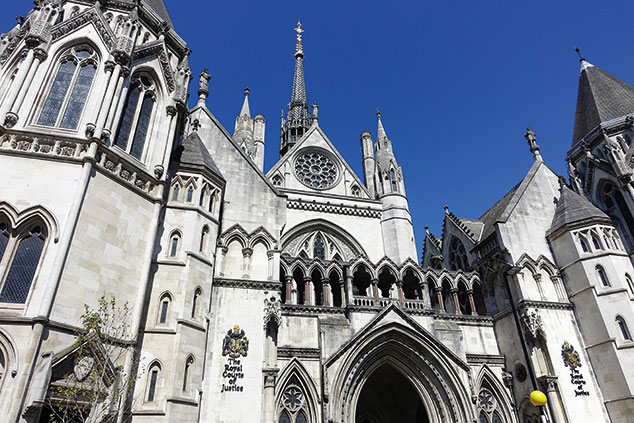
A landmark legal ruling last week means savers suffering ill health who move their pension funds from one provider to another could unwittingly be exposing their heirs to an unexpected inheritance tax (IHT) bill.
In normal circumstances, pension savings can be passed on to heirs with no IHT to pay. But, technically, HM Revenue & Customs (HMRC) has the right to impose the levy in cases where someone dies within two years of having transferred such savings. The rule is generally only applied in cases where HMRC suspects a transfer has been made specifically to reduce tax.
HMRC casts its net wider
Now, however, the tax authority has won a legal case that could give it the right to apply the rules more widely. The Court of Appeal, overturning previous decisions from lower courts, said HMRC was entitled to apply IHT on a pension transferred by a woman to a new provider six weeks before her death. Her sons had claimed that the transfer was made to prevent her former husband receiving a share of her pension benefits (he, as her employer, could have claimed any surplus) – but according to HMRC the woman, who had been diagnosed with terminal cancer, was reorganising her finances to protect her sons from IHT in advance of her death. HMRC thus treated the move as a “chargeable lifetime transfer” followed by an “omission to act”, as she did not draw benefits from the pension.
A spokesman for HMRC defended its aggressive stance by arguing that savers suffering serious ill health should not be able to make “transfers of value” to protect their heirs from paying IHT. However, the tax authority has never previously pursued such cases with so much zeal. It is also unfortunate that the ruling does not provide certainty about how future cases will be assessed – for example, about how serious a saver’s ill-health would have to be for HMRC to take similar action.
In theory, however, the heirs of any savers transferring pension savings from one scheme to another less than two years before their death could now face an unexpected IHT bill if the saver was not in good health at the time of the transfer. That could mean handing over 40% of the savings to the taxman.
The upshot is that many savers will now need to take professional advice on their tax position before transferring pension benefits, in addition to financial advice on whether the transfer makes sense. They will also have all this hassle when coping with the ill-health of a loved one.